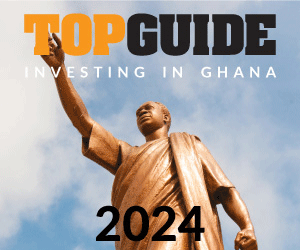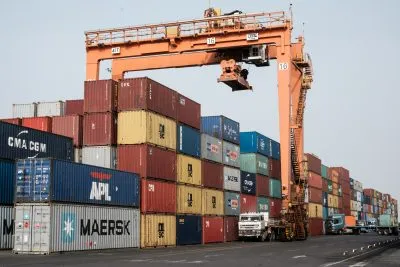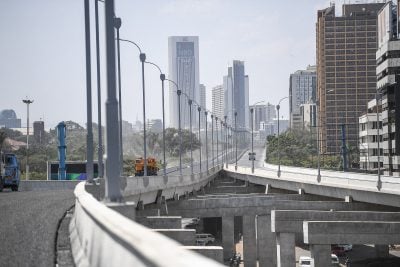As the coronavirus spreads across the continent, protecting the most vulnerable should be the authorities’ most immediate concern
For the latest news on the coronavirus across Africa visit the African Business liveblog
The unprecedented speed and spread of the coronavirus pandemic has prompted African governments to undertake extraordinary measures to protect their populations.
In mid-March, South Africa was forced to bar travellers from China, the US, Germany, Italy, the UK, and others, while regional economic engines including Kenya and Ghana have imposed similar restrictions. No policymaker undertakes such sweeping measures willingly, and while understandable, the impact of the measures on Africa’s fragile economic growth will be profound.
The continent’s economy was uniquely vulnerable in the early stages of the virus due to Africa’s exposure to China, the major customer of its raw material exports. Now that the contagion has spread around the world, a global recession seems all but assured. UNECA has already slashed its 2020 growth prediction for African by nearly half and projected a hit of $65bn to oil exporting nations. That may be the tip of the iceberg.
Travel bans will limit the potential for infection from foreign travellers, but it is clear that they alone will not be enough. With Covid-19 already spreading within the continent, countries must immediately step up their internal responses by ramping up testing, readying fragile health systems and educating their populations. Restrictive measures seen elsewhere in the world, including city and regional lockdowns and enforced quarantines, will have to be considered on a case by case basis.
Economic support, including loan deferments, can help to ward off further economic turmoil. China, which has become a key economic partner of the continent, should share its expertise in combating the disease and offer crucial resources to governments on the continent.
Protecting the most vulnerable
Protecting Africa’s vulnerable urban poor, millions of whom live in squalid conditions with limited or no access to sanitation or healthcare, and where the burden of infectious disease is already great, must be the immediate concern of policymakers.
According to UNICEF, 63% of people in urban areas in sub-Saharan Africa – around 258m people – have no ready access to a place to wash their hands, a crucial weapon against the spread of the coronavirus. Some 47% of urban South Africans, or 18m people, lack basic handwashing facilities at home.
Policymakers, working with international donors and the aid community, must prioritise deliveries of soap and other sanitation essentials in a bid to ensure that the virus does not take hold in poor urban communities. While the interaction between HIV – which suppresses the immune system – and coronavirus remains largely unknown, policymakers must ensure that sufferers continue to have access to anti-retroviral medicines. Efforts to combat deadly malaria and tuberculosis must not be allowed to fall by the wayside as focus shifts to the new virus.
Unfortunately, extensive economic damage is already assured. To prevent a financial crisis turning into a terrifying health crisis, Africa and its partners must act now.
Want to continue reading? Subscribe today.
You've read all your free articles for this month! Subscribe now to enjoy full access to our content.
Digital Monthly
£8.00 / month
Receive full unlimited access to our articles, opinions, podcasts and more.
Digital Yearly
£70.00 / year
Our best value offer - save £26 and gain access to all of our digital content for an entire year!
 Sign in with Google
Sign in with Google 




